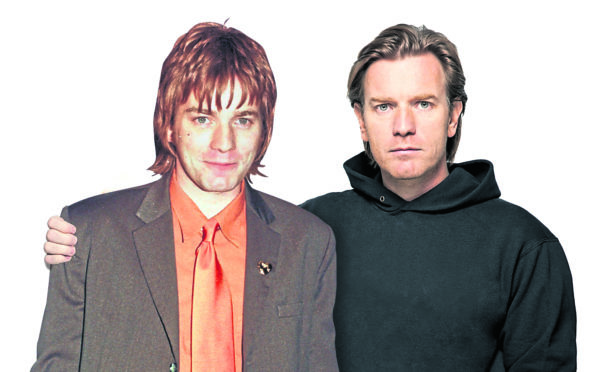
Youth is wasted on the young, according to George Bernard Shaw.
We can’t go back in time to teach our younger selves the lessons we’ve learned as adults but perhaps the next best thing is to write a letter.
That’s the premise of Letter To My Younger Self.
Over the last decade, writer Jane Graham has interviewed a parade of famous faces, from Alastair Campbell to 50 Cent. The resulting letters have now been collected in a new book.
Getting celebrities to open up wasn’t as difficult for Jane as it might appear.
“Celebrities like talking about themselves in this very deep, navel-gazing type of way,” explained Jane. “They’re talking about speaking to their younger selves rather than being asked about a news story or a scandal that’s breaking.
“It’s a bit like saying to them, ‘you have done things, maybe they’re good, maybe they aren’t. But how did that happen? What kind of person were you?’
“There’s almost a type of Freudian psychoanalysis going on, trying to work out the pathway from what often is a shy awkward start to the person we are familiar with.
“They enjoy the indulgence of someone who is genuinely interested in some kind of successful life. Quite a lot of celebrities have paused and you can hear their voice shake.
“Wilko Johnson’s description of his marriage remains one of the most moving and passionate evocations of marriage I’ve ever heard.”
Letter to My Younger Self by The Big Issue and Jane Graham is published by Blink Publishing in Hardback, £16.99. All royalties go to The Big Issue
Ewan McGregor
I’ve always been an upbeat kind of person. It’s not a choice, it’s just the way I am. I had a very happy upbringing with good friends and family around me.
Crieff was the perfect place to grow up – we were bombing around all day on our bikes, leaving in the morning and coming back at night. When I made Trainspotting I didn’t think, “This is me – this is my moment.” But I did have really amazing feelings about the film. I thought the book was fantastic and really captured the spirit of the country. I knew Danny was the best director to do it. And we had this incredible cast. So I had really, really high expectations, but I couldn’t have imagined… I remember seeing it for the first time, in London, with my wife and my uncle Denis (Lawson), and coming out numb and shaky. It was so extraordinary.
It’s been almost 11 years since I had a drink, and only rarely do I notice not drinking. I find it easy to be outgoing in company without booze now. Before, I used to have to have a few pints before I was me, but now I’m me when I arrive.
Drinking the way I used to was making me miserable.
Wilko Johnson
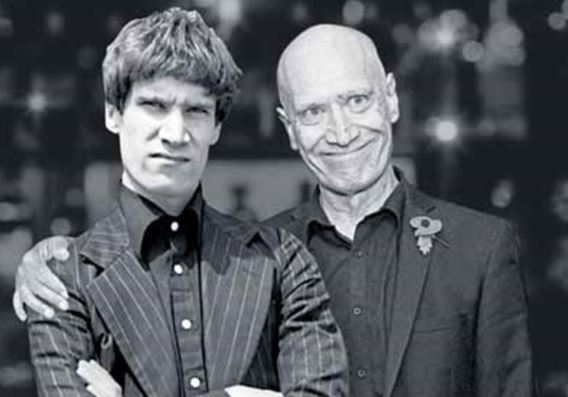
When I was told in 2013 that I had terminal, inoperable cancer, the way it struck me – I was immediately calm.
I moved into this strange intense consciousness. It was very interesting – I saw everything differently. And I started to feel alive.
Just over a year after my diagnosis, I met this top surgeon who told me he could operate. I had been misdiagnosed.
Before I knew where I was, I was waking up in hospital. Then a couple of days later the surgeon came to see me on the ward to say that he had the lab reports and they’d “got it all”. Me and my missus, we were together until she died 10 years ago of cancer, and I’m in love with her still. I still really miss her. I first saw her down Canvey Island youth club, when I was 16.
A few weeks later I got to walk her home and I kissed her outside her gate. It knocked me off my feet. And I remember when she died, I went to see her in the morgue.
She was lying on this table. She looked like a saint. And I kissed her. And she was cold.
I remember that last kiss and I remember the first kiss and there were 40 years in between.
Prue Leith
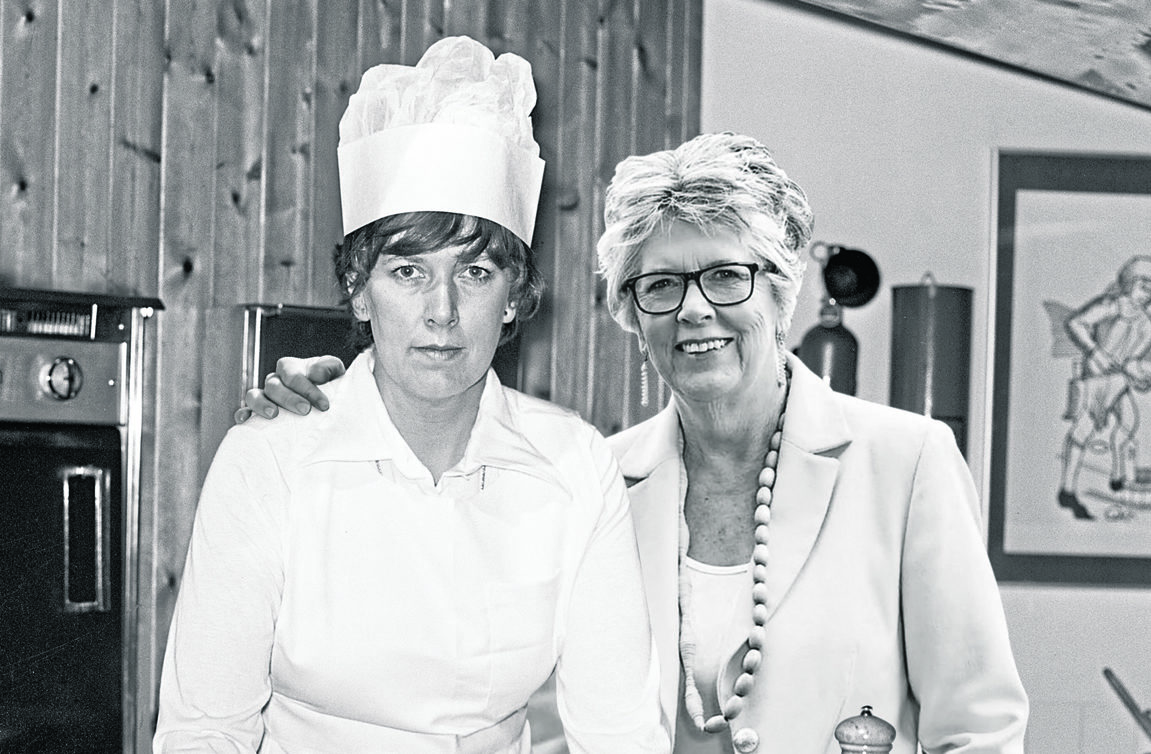
My mother, the South African actress Peggy Inglis, was very glamorous but I wanted a fat mum who came to the school fetes and made cakes, like all the other mothers. One day my headmistress told me she’d asked my mother to come to talk to the senior school about Shakespeare.
I thought, ‘Oh God, I’ll die.’ I stood right at the back, thinking it was going to be the most embarrassing day of my whole life. She came on and played the 14-year-old Juliet in the balcony scene. Then she played the old nurse with the arthritic back. Then she played Hamlet. She was completely mesmerising.
If I could go back to the teenage Prue now, I’d tell her to be more sensitive about what it was like to be repressed.
I’m ashamed to think how, when I was 16, I skipped down the street, while venerable old black men would get off the pavement so these idiots could pass by.
I had no idea what a non-segregated society was like until I came to Europe.
Chrissie Hynde
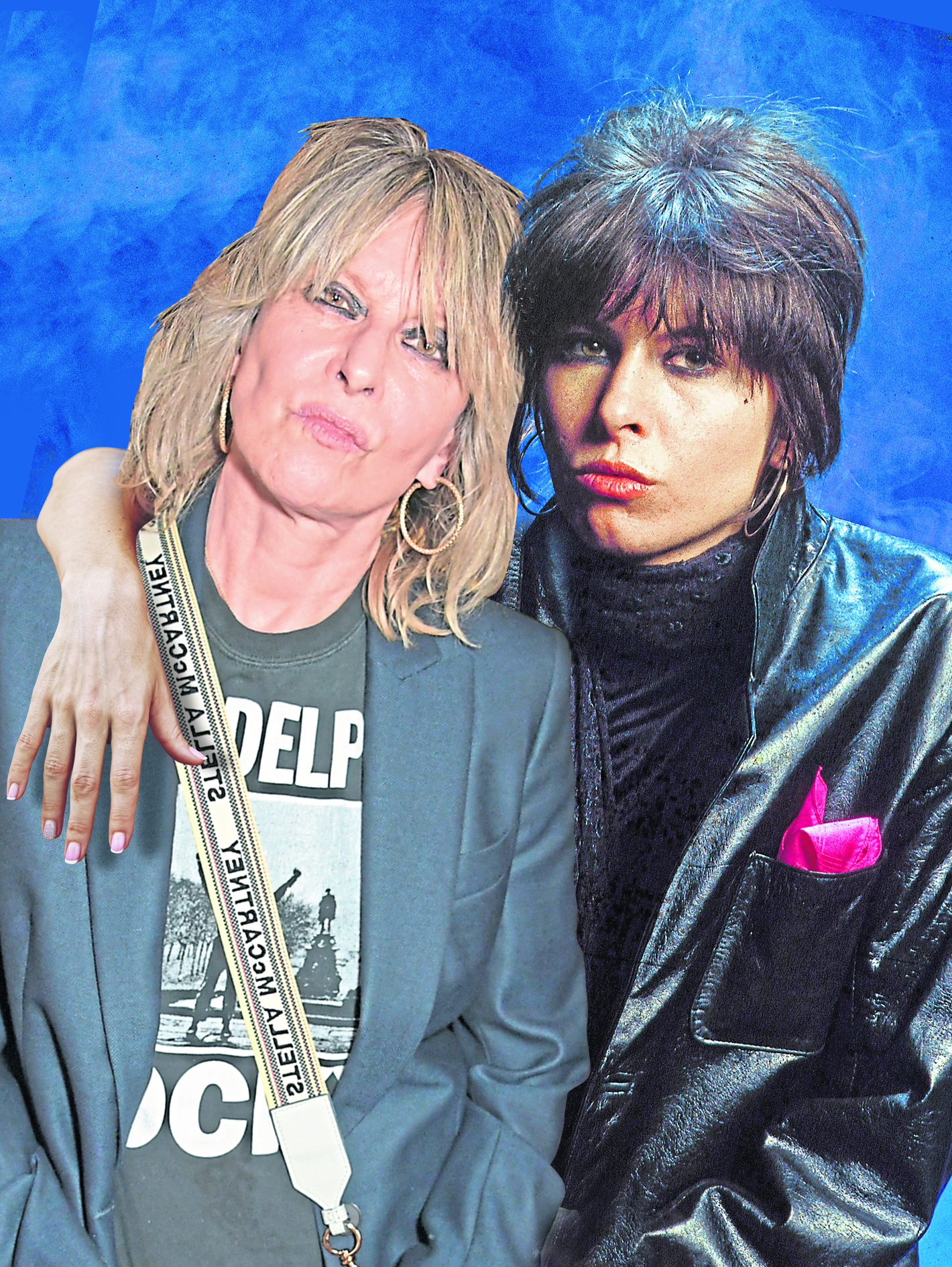
At 16 I only had one interest: music. There wasn’t anything else. It was 1967, the heyday of music, when it all kicked off.
There was a huge generation gap, and we had a motto: “Don’t trust anyone over 30.” For us, it was all about the music and the drugs. I was a kid, so I thought I knew it all.
I’d tell my younger self to be respectful of my parents. My parents were straights – hard-working Americans from the suburbs. This big clash of ideologies was when it started to go wrong, but now I can see that my parents were just decent people trying to keep a family together.
As a grandmother I see how hard it is and I know I haven’t been as successful as my parents at maintaining a family.
I’d advise my younger self not to get waylaid by drugs. First, I’d tell her to stop smoking rather than think about it for 40 years and then quit. Smoking is the biggest con in our society. Ditto alcohol.
I love London and always have done. I live a very ordinary life here – I still buy Viz magazine.
Ian Rankin
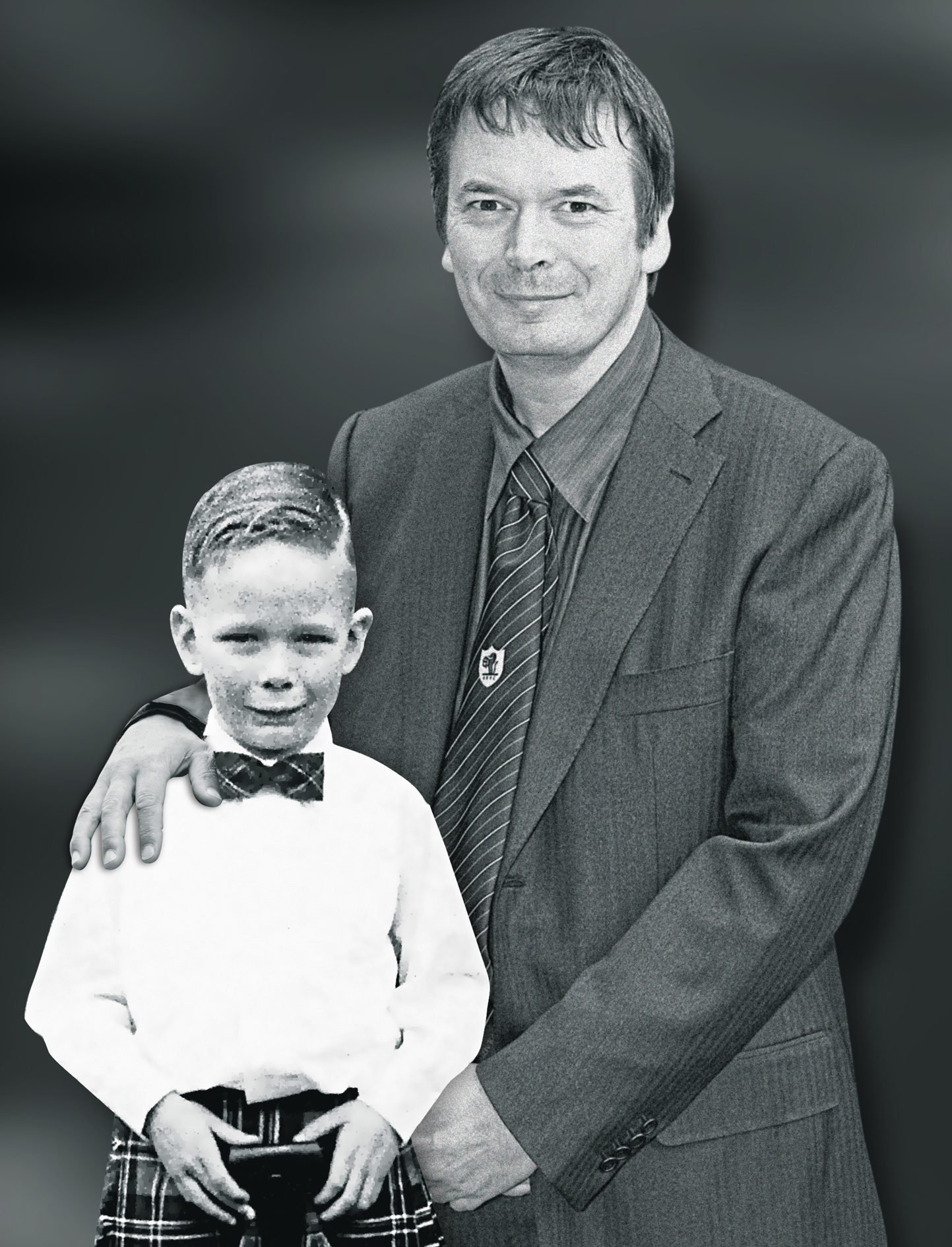
At 16 my life was all about rock music and books – I didn’t go out much. I grew up in Cardenden, a very working-class mining village with no private housing.
Even if you didn’t feel like you fitted in, you had to look like you did because you didn’t want to get beaten up.
I was happiest staying in my bedroom with my hi-fi and my records, writing painfully bad poetry about a lovely young woman who wouldn’t look twice at me.
I’d tell my younger self to sort out his dress sense. I wore a denim waistcoat with Woolworths patches sewn on the back – peace symbols and the Confederate flag – and big baggy trousers.
Worst of all were my shoes; I convinced my mum that I needed Doc Martens to blend in, but she ordered them from a catalogue and they weren’t the real deal, they were oxblood moccasins, with wee tassels.
I think the teenage Ian would be dumbfounded by how his career has gone. If he dreamed of writing, it was as a literary novelist, not a guy whose books you’d buy in an airport. I’m not sure he’d have wanted that.

Enjoy the convenience of having The Sunday Post delivered as a digital ePaper straight to your smartphone, tablet or computer.
Subscribe for only £5.49 a month and enjoy all the benefits of the printed paper as a digital replica.
Subscribe